7 August, 2017
Sam Ashworth-Hayes
Share
An end to reckon-
based policymaking?
Of all the words to cause an economist’s heart to sink, there is nothing quite like a politician opening a sentence with ‘I reckon’. A ‘reckon’, or hunch, may do as a basis for policy when no evidence exists, but the government flying blind is a sign that something is amiss. This is doubly true when relevant information is being collected but not used.
The Behaviouralist’s Professor Robert Hahn – Visiting Professor and formerly Director of Economics at the University of Oxford’s Smith School – has been making this case for some time. The US government collects vast quantities of data; this year alone Americans will spend 12 billion hours filling in 100 billion requests for information from the Federal government. The state has better information than a politician’s ‘reckon’; it just can’t use it.
Today, the US Commission for Evidence Based Policymaking (CEP) has released a report co-authored by Professor Hahn making specific, detailed and practical recommendations for opening this treasure trove of data up for analysis and replacing reckon-based action with evidence-based policy.
The Commission advocates creating a National Secure Data Service, bringing together data from across the branches of government in a way that preserves individual
While a sense of unease at researchers accessing personal administrative data is understandable, it is also unjustified. Stringent controls on access and data anonymisation have proved sufficient safeguards for similar schemes such as the UK’s Administrative Data Research Network and Sweden’s Institute for Evaluation of Labour Market and Education Policy.
While an argument could be made that Google and Facebook are already using rather more personal information to sell you ads, it’s probably better to focus on the potential benefits of implementing this report’s recommendations as these dwarf such concerns.
It is difficult to overstate these benefits. Better allocation of public housing. Better targeted welfare. Better spent money. And with linkages between data sets, researchers can analyse the effects of each policy on a range of outcomes. The potential to improve lives is staggering.
The alternative is business as usual. We can all think of recent examples where a politician has identified a problem based on a ‘reckon’, a solution based on a ‘reckon’, and where evaluation has largely consisted of press argument. This is not a model for efficient and responsible government.
Viewed from this perspective, increasing access to data is just good government; why should we leave free money on the table? The CEP’s full report and recommendations can be read here. Robert’s work with The Behaviouralist is available here.

